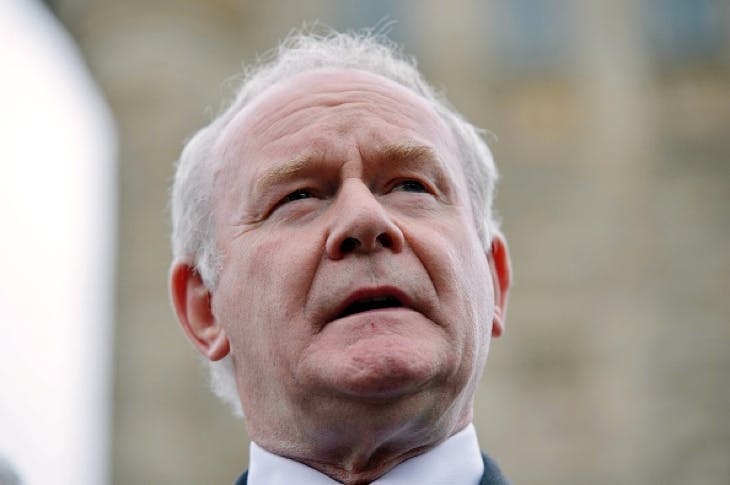So Martin McGuinness has died. Already this is giving vent to the sort of ‘How McGuinness became a man of peace’ stories. Personally I have always thought the salient point about the man is not that he became a man of peace but that he was ever a man of violence.
Over recent years a narrative has developed around the Troubles, that the people who ‘became men of peace’ are much to be admired. This narrative overlooks the fact that the real people to be admired are those from all sides who – despite sharing many or all of the same grievances as the ‘men of violence’ – never thought the answer to their grievances lay in pulling out the finger-nails of people on the other side of the sectarian divide, planting bombs in shops or shooting farmers in the head.
So while the eulogists lament the fact that McGuinness hasn’t enjoyed much of his old age, our thoughts really ought to be with the many people who – thanks to McGuinness and his friends – never made it as far as middle age.
This is an updated version of Douglas Murray’s blog from January, following Martin McGuinness’s death at the age of 66







Comments